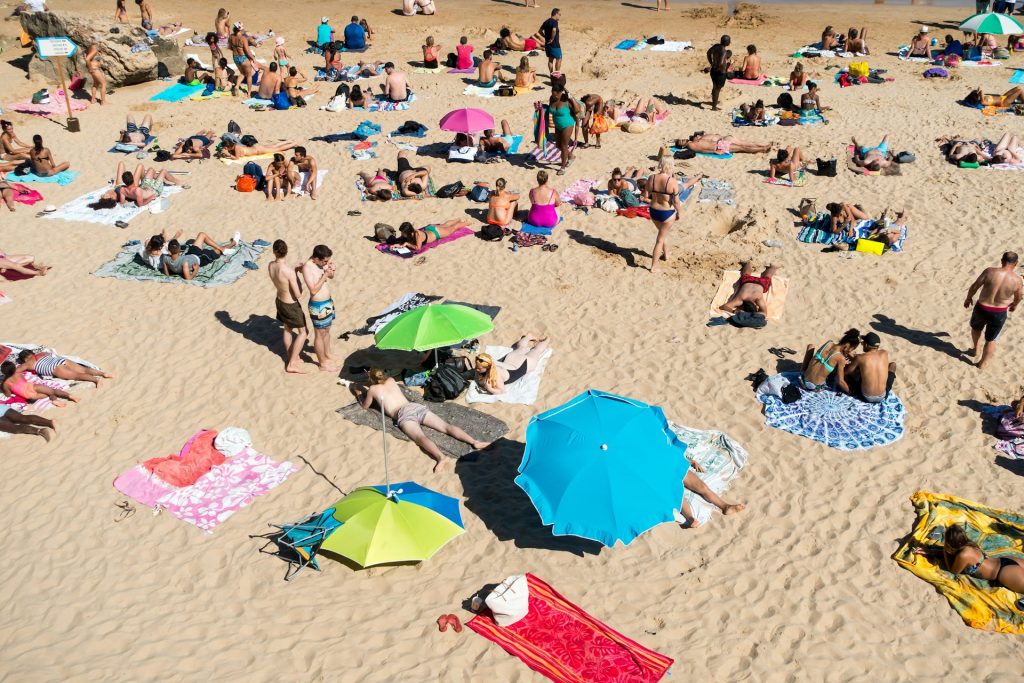Excessive exposure to sunlight carries important health risks that the public should be aware of. While sunlight helps the skin produce vitamin D, an essential nutrient for bone health, immune function, and possibly cancer prevention, too much ultraviolet (UV) radiation can cause serious harm. According to Raymond-Lezman and Riskin (2023), overexposure to UV rays is strongly linked to skin cancers, including basal cell carcinoma, squamous cell carcinoma, and melanoma, the deadliest form. Sunburn, especially in childhood, greatly increases melanoma risk later in life. Chronic exposure also accelerates skin aging, leading to wrinkles, pigmentation changes, and loss of elasticity.
UV rays damage skin cells by altering DNA and generating harmful reactive oxygen species. UVA rays penetrate deeper into the skin, contributing mainly to aging and immune suppression, while UVB rays cause more direct DNA damage and sunburn. Both can trigger skin cancer. People with lighter skin (Fitzpatrick types I–II) produce vitamin D more quickly but are also more susceptible to UV damage, whereas those with darker skin need longer exposure to make enough vitamin D but are relatively more protected from burns, though they are not immune to skin cancer.
Other health risks include eye damage (such as cataracts) and immune system suppression, which can make the body less able to fight infections. The World Health Organization and the Centers for Disease Control recommend protective measures: wearing broad-spectrum sunscreen, covering the skin with clothing and hats, and seeking shade during peak sunlight hours.
The key is balance, gaining the benefits of sunlight without the risks. As Raymond-Lezman and Riskin stress, safe sun exposure that avoids burning, combined with vitamin D-rich foods or supplements when needed, can help maintain healthy vitamin D levels while minimizing the dangers of skin cancer and premature aging.
Reference
- Raymond-Lezman, J.R., & Riskin, S.I. (2023). Benefits and Risks of Sun Exposure to Maintain Adequate Vitamin D Levels. Cureus, 15(5), https://doi.org/10.7759/cureus.38452
Serra Húnter Fellow of Sociology at Universitat Rovira i Virgili.
Former DAAD-Gastprofessorin at Julius-Maximilians-Universität Würzburg


